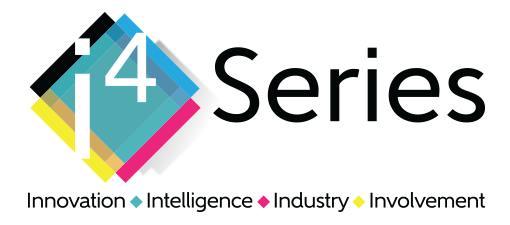
Gina Mewes advises entrepreneurs about reducing taxable income during the January i4Series business networking event at Thrive Coworking in Greenville.
Entrepreneurs navigating the complex landscape of taxation are always on the lookout for strategies to optimize their financial standing. Gina Mewes, a seasoned tax resolution specialist based in Greenville, recently shared invaluable insights on reducing taxable income during her presentation at the i4Series event on January 16. In this article, we’ll delve into the key takeaways that can help entrepreneurs make informed decisions in the coming years. You can download the presentation here.
Tax Bracket Changes and Increased Standard Deductions (2023):
Gina emphasized the importance of understanding the changes in tax brackets and the increased standard deductions for all filing statuses in 2023. Entrepreneurs should leverage these adjustments to optimize their tax positioning and minimize liability.
Earned Income Credit Boost (2023):
For individuals with children, the Earned Income Credit has seen an increase in 2023, particularly for those with 0-3 children. Entrepreneurs with families should explore this opportunity to maximize their credits and reduce taxable income.
IRA Contributions and Minimum Distribution Age (2023):
Gina highlighted changes in contribution limits for both Traditional and Roth IRAs. Additionally, the Required Minimum Distribution (RMD) age has been pushed to 73. Entrepreneurs can strategically plan their retirement contributions and withdrawals to align with these modifications.
Capital Gains Tax Considerations (2023):
Understanding the nuances of capital gains tax, especially the rates based on filing status and income, is crucial. Entrepreneurs should be aware of these factors to optimize investment decisions and minimize tax implications.
401k Contributions in the Face of Inflation (2023):
With inflation impacting the economy, Gina emphasized the need for entrepreneurs to capitalize on increased retirement plan contributions. This strategic move can aid in long-term financial planning and tax reduction.
Electric Vehicle Tax Credit Changes:
Entrepreneurs involved in electric vehicle investments should stay abreast of the evolving changes in the Electric Vehicle Tax Credit. Comprehending the IRS requirements is essential to claim this credit effectively.
Bonus Depreciation Phasing Out (2027):
For businesses, understanding the phased-out nature of Bonus Depreciation by the IRS by 2027 is vital. Entrepreneurs should adjust their financial planning to accommodate this change and explore alternative strategies.
Section 179 Deduction for Businesses (2023):
Gina covered the specifics of the Section 179 Deduction for businesses in 2023, highlighting what is allowed and any pertinent changes. Entrepreneurs can benefit by aligning their business expenses with these deductions.
Determining Independent Contractor vs. W2 Employee:
Gina introduced a Three-Step Test to help entrepreneurs decide whether a worker should be classified as an independent contractor or a W2 employee. Proper classification can have significant tax implications and legal ramifications.
1099-K for Third-Party Transactions (2023):
Entrepreneurs engaged in third-party transactions should take note of changes in reporting requirements. The threshold for 1099-K has been lowered to transactions exceeding $600 in 2023.
Estate Tax Returns:
Gina briefly touched upon when an Estate Return is required to avoid paying taxes. Understanding filing and exemption amounts is essential for entrepreneurs involved in estate planning.
Gina Mewes’ presentation provides entrepreneurs with a roadmap to navigate the intricacies of taxation in 2023 and 2024. By staying informed and strategically implementing these insights, entrepreneurs can reduce taxable income, optimize financial planning, and ultimately enhance their overall financial well-being. For questions, you can reach Gina at 386-747-9097 or gina@ginamewes.com.

Recent Comments